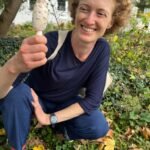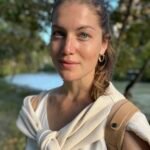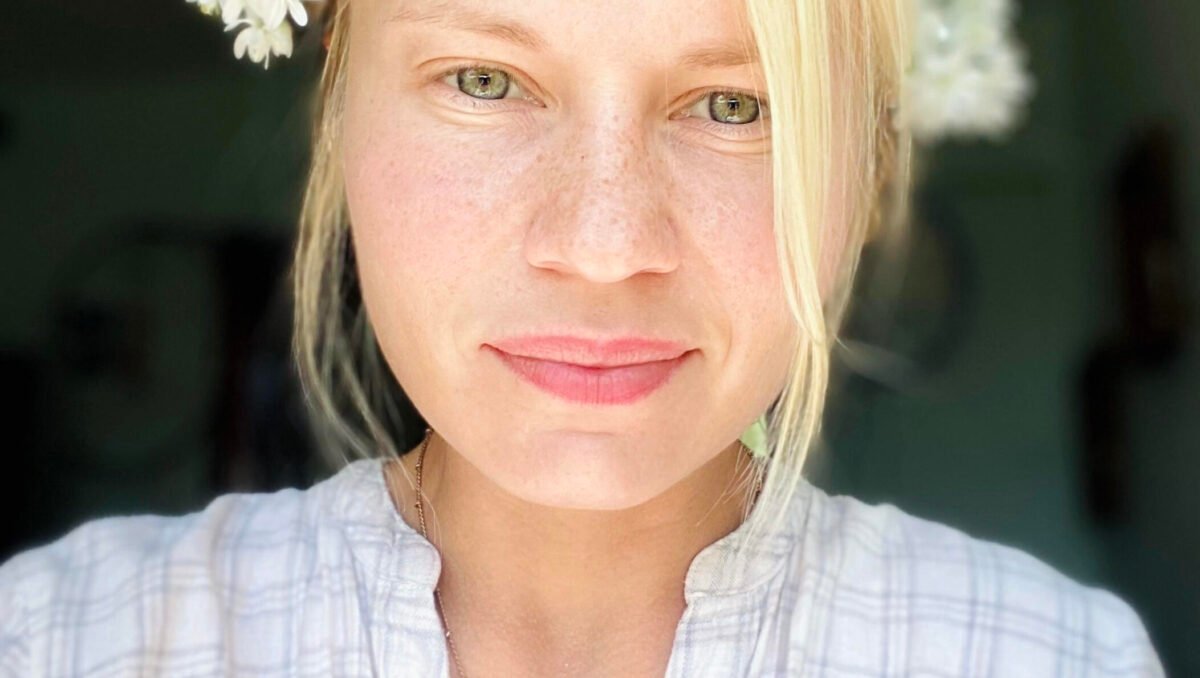THREE POEMS by Ekaterina Zakharkiv, translated by Venya Gushchin, Kevin M.F. Platt, Ainsley Morse, Eugene Ostashevsky, and Elaine Wilson
Sky: fucked, because open. occupied, recognized as an extremist organization, acting as a foreign agent, banned on the territory of the Russian Federation.
bringing discredit to actions
with words. what can you do about the sky with words?
don’t look up, don’t cross its borders, don’t read paul celan under its vaults.
the pre-dawn sky hums, coming down without warning.
it is no longer a metaphor, no longer the generalization of an engagement.
blind we wound up wounding the residential district. we were hammering the unarmed.
disengaged from our sense of smell we didn’t mark the smell of black smoke.
the event took us by surprise.
it’s just not the time for quotation marks. all quotation marks have been welded together into anti-tank obstacles made of I-beams. nevertheless
days go by and we carpet the footstool of myth with neverroses. what have we seen with our own eyes? a broadcast shot with a billion bloods. childhood dreams sprouting into political imagination in airports and hotel rooms. the shell hole of what once was a tongue sucks in glass shards, claps corridors closed. it speaks no longer. it states neither its name nor address. in the hollows of its house hisses an orange serpent. a noonestongue once again
Translated by Eugene Ostashevsky
somebody’s car froze in place. many times in a row
and later, tearing away from the shadow
against the wave
the main thing up to the present hour will happen after
what has happened will happen after. we will photograph them, count them all
hug them, that is to say, imagine hugging them, but anonymously, in a rare meter,
maybe in some basements of an extraordinary hypothesis, prognosis, beneath a thousand suns
everything has been called external. neither traction nor a possible border
i only touch options as i diminish in publicity. this news is a blind pause in the snow.
snow screws itself into the narrow space between the bombers
and the little bell, raised at the school assembly
you, protestor of crushing grief: nailed to love, with love
and the telephones
demand readiness for prostration
they feel it differently somehow
walking around the back of the screen
[in reality they already cannot be recounted]
at the animals’ work party
even the lions of suppression speak in riddles
if you go along goncharnaya
along prechistinka, along volkhonka
if you stay mum on molchanovka
they won’t cleave their rib cages wide open
moreover, it’s unclear: at midday, black
gets completely overgrown with eyes
Translated by Venya Gushchin
with Kevin M. F. Platt and Ainsley Morse
red wind
pulls up the final slides:
“forgive me, history”;
“sleep, love”; “don’t pass through me”.
the presentation under the name “a parabola of soot, ashes” /
“flight routes of smoke, points and approaching lights”
in heated inundations. this weekend—how to distinguish
disappearance. death—that’s the topic.
does happiness need the dead, do the dead need freedom. they
don’t remember names.
because the maps of murmuring, across which we run,
are erased. apparently falsifications.
not moving. they were someone:
in headphones, a baseball cap, on abandoned tillage.
mouths stuffed full of fragments.
hands once full of tenderness now hold ores, minerals.
words—they are distances in relation to the world.
to hide movements. a hound, Interfax.
coordinate zero. the specter of supposition.
Translated by Elaine Wilson and Eugene Ostashevsky with Kevin M. F. Platt

Venya Gushchin is a poet, translator, and PhD candidate at Columbia University, studying Russian literature.

Kevin M. F. Platt is a professor of Russian and East European Studies at the University of Pennsylvania. His translations of Russophone and Latvian poetry have appeared in Asymptote, World Literature Today, Jacket2, and other journals, as well as in a number of books. He is founder and organizer of the Your Language My Ear translation symposium.

Ainsley Morse teaches in the Literature department at UC-San Diego and translates from Russian, Ukrainian and the languages of former Yugoslavia. Her research focuses on the literature and culture of the post-war Soviet period, particularly unofficial or “underground” poetry, as well as avant-garde aesthetics, children’s literature and contemporary poetry. (Headshot credit: Lee Wong)

Eugene Ostashevsky is a poet and the author of The Pirate Who Does Not Know the Value of Pi, and The Feeling Sonnets (both published by NYRB Poets). As a translator, he works mainly with avant-garde and experimental literature in Russian. (Headshot credit: Una Ostashevsky)

Elaine Wilson is a translator, writer, and educator. Her research examines Russophone Soviet and Yiddish literature, the intersection of Russian Christian Orthodoxy and nuclear power, and religious iconography and its use in political messaging. She lives in New York City.
- Published in Issue 32
